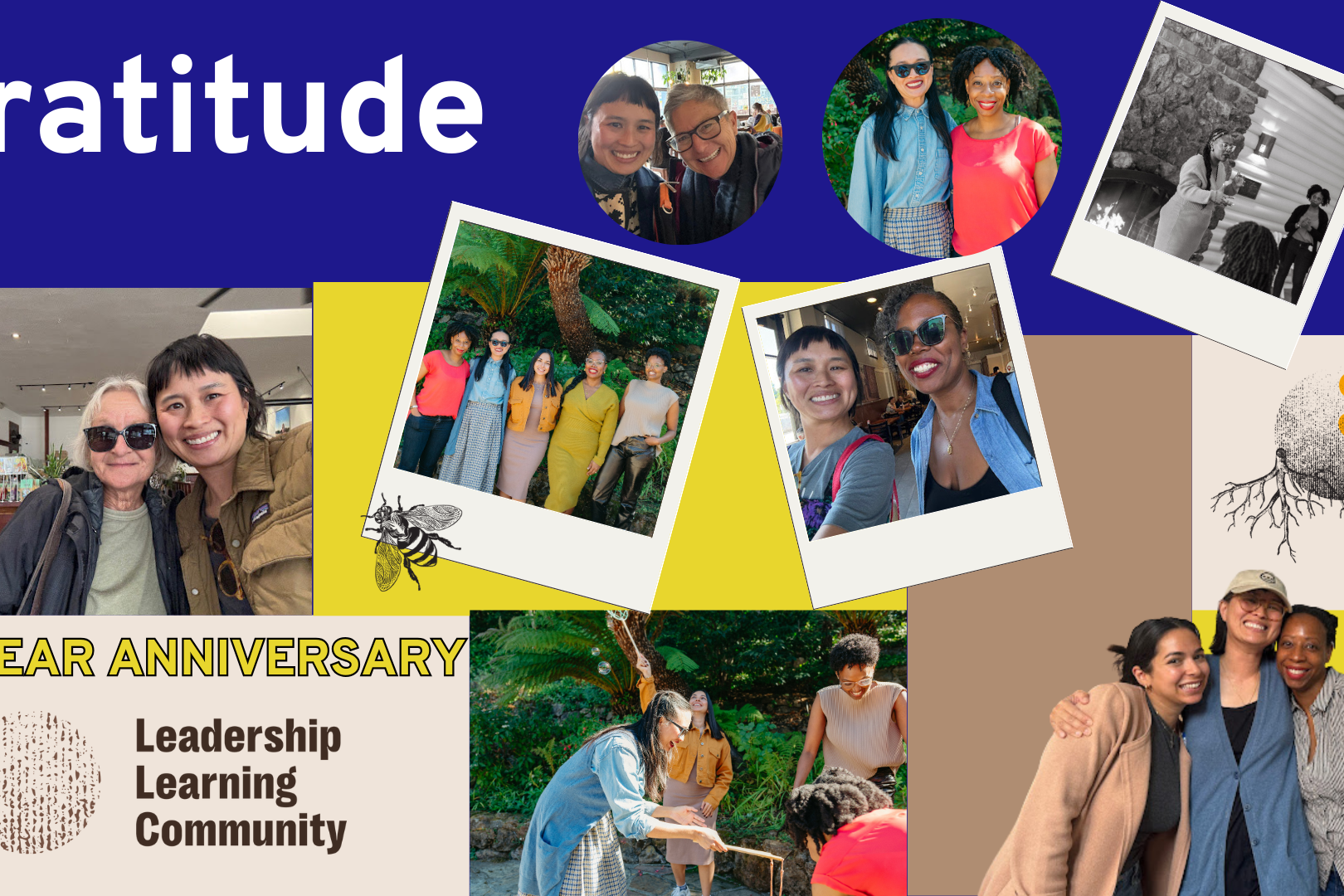Featured Image originally posted in Nonprofit Quarterly.
At Leadership Learning Community, we believe that leadership must be reimagined as a place of transformation. Amidst a challenging political and funding environment, adopting a liberatory leadership practice is essential for pursuing just work in just and joyous ways. This approach prioritizes tools for holistic care and fosters connection and collaboration, countering forces of division. Our goal is to transform ourselves and the systems we inhabit, moving toward a future rooted in collective liberation. LLC’s Liberatory Leadership Framework serves as a practical, values-aligned guide for translating intention into action. It posits leadership as a continuous, iterative process of preparing, assessing, acting, learning, unlearning, and refining.
We are excited to share that this year, we had the opportunity for a deeper dive into the foundation, application, and theory behind our Liberatory Leadership Framework through a four-part series in Nonprofit Quarterly (NPQ). This series offers our definition and broad understanding of liberatory leadership, explores its connection to racial justice, shares our learnings from holding collaborative spaces, and provides a practical guide for implementation.
The series shared grounding, tools, and practices informed by years of learning from liberatory practitioners, network members, and internal experiments, to make the concepts more concrete and actionable for leaders. Here is what you will find in each installment of the series:
1. Liberatory Leadership: A Transformative Model for a Changing World (Iman Mills Gordon and Ericka Stallings)
This article offers the definition and broad understanding of liberatory leadership. It establishes the imperative to pursue just work in just and joyous ways. It introduces three foundational practices: Adopt a Learning Stance, Connect with Your Vision of Liberation, and Incorporate Play and Joy. It also addresses the need to lead differently amidst chaos: “In the current ‘time of monsters,’ it is imperative that we adopt principles, policies, and practices that equip us to confront the challenges we face without resorting to oppressive behaviors ourselves. In other words, we need to fight the monsters without becoming monstrous.”
This piece shares LLC’s learnings on holding space for and with liberatory leaders. It explores designing spaces for collective liberation, emphasizing practices like building in grace periods to counter urgency culture and utilizing Trust-Based Facilitation, including “consent and rebellion”. “Building trust is not a passive activity; it requires intention, vulnerability, and the creation of Third Places where people can simply connect as human beings outside their explicit organizational roles.”
2. A Liberatory Approach to Centering Race in Leadership (Ericka Stallings and Iman Mills Gordon)
This installment focuses on how current trends in racial justice lay a robust foundation for liberation leadership. It highlights the challenging environment facing BIPOC leaders. It explores how leadership approaches can be made more racially just by supporting leaders’ healing, creating space for joy and love, and resourcing collective action. The article captures the complex demands placed on leaders of color: “BIPOC leaders are being asked to simultaneously dismantle the past, survive in the present, and create an alternative future.”
This final article serves as a guide to practical applications of the Liberatory Leadership Framework, organizing the 10 Liberatory Leadership Strategies into three core applications: Cultivating a Visionary Mindset and Self-Anchoring, Fostering Relational and Collective Power, and Driving Transformative Impact and Well-being. It emphasizes a sustainable, cyclical approach to change: “This moment of crisis is more accurately viewed as an inevitable season; we have been through these periods before, and we will get through them again.”
The opportunity to share and amplify our community’s wisdom with the broader sector through this collaboration with NPQ has been invaluable. Ultimately, we hope the series fosters an ongoing dialogue that encourages readers to engage with the practice, integrate resonant elements into their work, and share their discoveries with their communities. This continuous conversation not only amplified the framework but also allowed us to sharpen, deepen, and evolve our thinking, confirming it as a living document we expect to continue layering in dialogue with all of you.
A Closing Offering – Start Here: Liberatory Leadership Work [And Play] Sheet
The work of liberatory leadership is rooted in practice. This worksheet serves as a tool to support that journey, a practice that can begin now, even in turbulent weather. While the winds of oppression may try to impede your growth, your inner work (preparing your soil) and aligned actions (planting your seeds) ensure that the life-giving policies and structures you cultivate are rooted firmly in your deepest values, guaranteeing a harvest of collective freedom and joy, even amidst the storm.
The sheet focuses specifically on Strategy #3 of the Liberatory Leadership Framework: Commit to both internal and external alignment of values and practices (pg 39). The primary goal of this exercise is to help leaders more closely align their actions with their liberatory values and principles. By inviting leaders to examine their own sense of alignment, the reflection questions help leaders explore ways to deepen the connection between their values and actions, moving toward the ultimate goal of creating a more just and equitable society.
Related Posts
February 23, 2026
Trusting in a claw machine
January 22, 2026
A Liberatory Approach to Measuring Network Impact
December 15, 2025
LLC’s 2025 Celebrations
October 23, 2025








